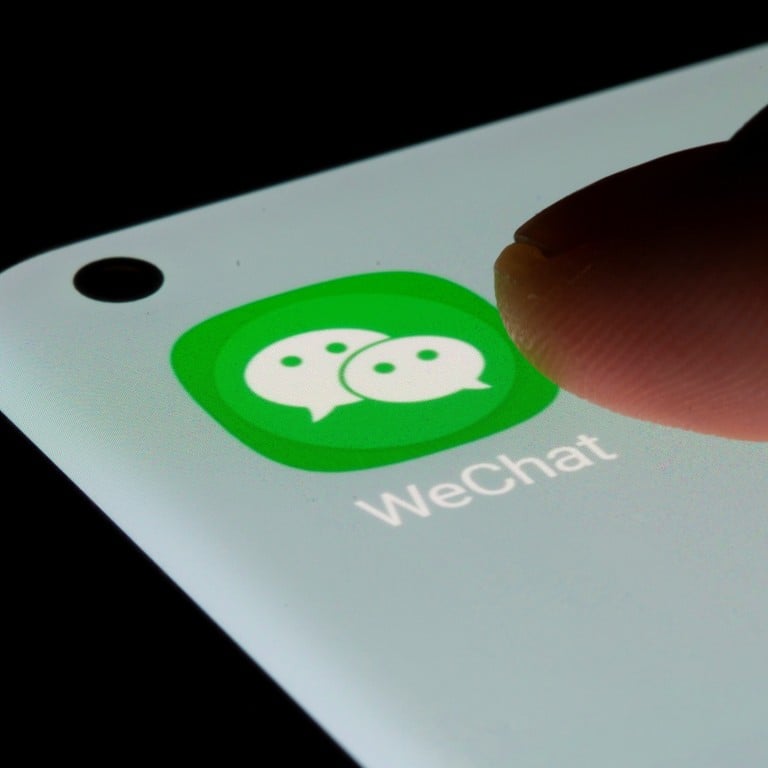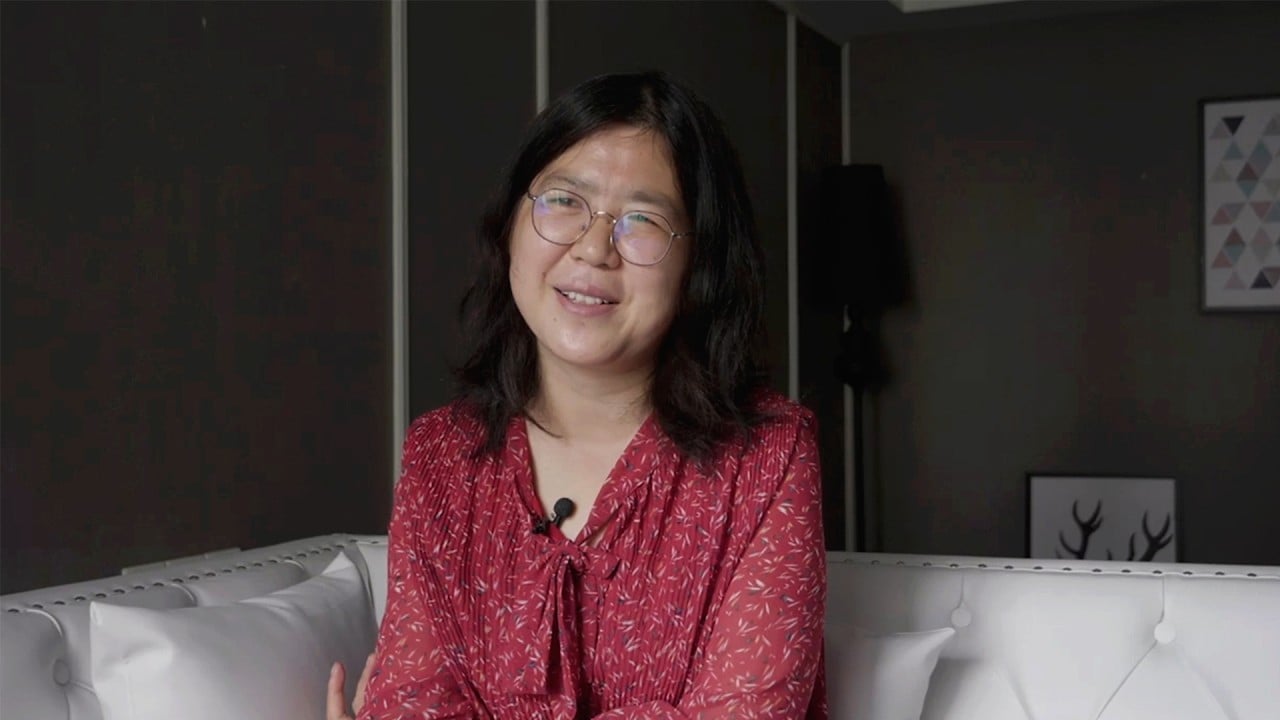
China targets fake news and citizen journalists with new campaign from internet watchdog
- The Cyberspace Administration of China published guidelines for a new campaign targeting ‘misinterpretations’ of financial and economic policies
- Citizen journalists and the platforms that host them are being singled out after other recent campaigns against fake news and recommendation algorithms
The Chinese government launched a campaign on Friday to crack down on citizen journalists that “misinterpret economic policies and forecast doom and gloom in financial markets”, another move in Beijing’s regulatory tightening on internet content.
China declares war on ‘fake news’ in blow to social media
With these targets, the campaign will tackle problems that include misinterpreting national financial policies and macroeconomic data; republishing overseas articles that misinterpret China’s financial policies “without judgment”; writing fake news and spreading rumours; and publishing negative information to threaten, intimidate or blackmail relevant stakeholders, according to the guidelines.
The first phase of the campaign will last for two months, during which the CAC will work with other authorities that include the National Development and Reform Commission, the Ministry of Finance, the People’s Bank of China, the China Securities Regulatory Commission, and the China Banking and Insurance Regulatory Commission.
The campaign adds to a drive from Beijing to create a “positive” internet environment that redirects people’s attention to content the state deems fit for broad public consumption.

03:32
Chinese citizen journalist Zhang Zhan sentenced to four years in jail for Wuhan coronavirus reports
Another effort from the CAC to clean up internet content, which kicked off in June, is an ongoing crackdown on informal online communities that centre around a specific idol or celebrity, known as fan circles, or fan quan in Chinese. The agency said it intends to weed out activities that manipulate user opinion online.
As part of that campaign, the CAC had removed 150,000 pieces of “harmful” content and punished more than 4,000 accounts related to fan circles as of early August, according to state-owned Xinhua News Agency.

